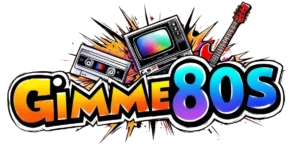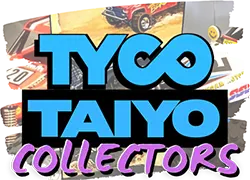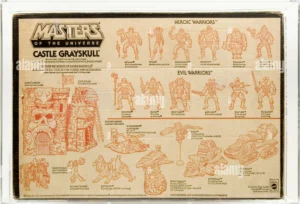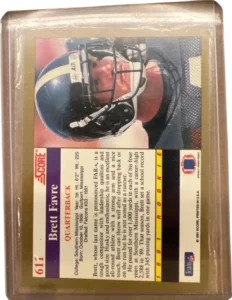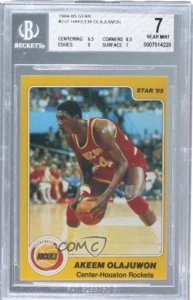1993 Sega Pico “Kids Computer”

Running this archive is expensive! To help pay these bills, I use the eBay Partner Network, so if you click on an eBay link and buy, I earn a small commission at no cost to you.
VALUE / PRICE HISTORY
Average Price
$93.00
Highest Price
$150.00
| Date | Price | Condition | Type | Title |
|---|---|---|---|---|
| 2025-08-09 | $43.9 | Brand New | Buy | Starter Clutch And Drive for Harley Davidson FLHTC Classic 1989-1993; 222-52038 |
| 2025-08-07 | $288.5 | Used | Buy | Sega Pico Console Computer Model MK-49325 Box AC AV Manual 4 Games 3 CIB TESTED |
| 2025-07-29 | $249.97 | Used | Buy | New Listing Sega Pico Console Computer Kid's Educational Video Game W/ 4 Cartridges MK-49002 |
Prices in USD. While all care is taken, there is no guarantee on accuracy of this data.
ITEM REVIEW
The Sega Pico, often referred to as the “Kids Computer,” was a relatively compact video game console that had educational purposes, which was manufactured by the well-known company Sega and subsequently released to the public in the year 1993.

Background
Developed as an innovative and forward-thinking learning platform specifically designed for children who were aged between 3 and 7 years, the Sega Pico came into existence during a time characterized by a growing interest in the realm of educational technology. Sega strategically positioned this device as an “edutainment” system, one that could transform the process of learning into a highly interactive experience, which in turn combined the mechanics of video games with educational content – a truly novel approach for its time.
This particular console was part of Sega’s broader and more comprehensive strategy to diversify its offerings beyond traditional gaming markets, specifically targeting families as well as young learners. Its design bore a resemblance to that of a laptop, complete with a distinctive interactive book-like interface, which effectively set it apart from other gaming systems that were available during the early 1990s.
Features



The Pico made use of a proprietary cartridge system known as “Storyware,” which functioned in a manner similar to an interactive picture book. Each individual cartridge contained not only game content but also physical pages that users could turn, which in turn triggered a variety of different on-screen activities and narratives. This innovative approach allowed children to actively engage with educational content through a tactile and multimedia experience that was both enjoyable and informative.
In terms of technical specifications, the console was equipped with a Motorola 68000 processor – the same type of chip that was utilized in the Sega Genesis – and it boasted 64 KB of system RAM. The console featured a specialized method of input: a pen that had a button located at its tip, in conjunction with a four-button directional pad, which enabled intuitive interaction for young users who were just beginning to explore technology.
Popularity and Legacy
Sales figures for the Sega Pico varied significantly across different markets, reflecting its diverse reception. In Japan, the Pico maintained a consistent level of popularity, with Sega reporting that approximately 3.4 million consoles were sold to eager customers. Conversely, North American sales were considerably more modest, with around 400,000 units sold by early 1995. The system gained notable recognition from various educational toy organizations, being prominently listed on Dr Toy’s 100 Best Products in 1995.
Licensed character titles played a crucial role in enhancing the Pico’s appeal to its target demographic. Games that featured beloved franchises like Sonic the Hedgehog, popular Disney characters, and other animated properties helped to attract not only young users but also their parents. These titles effectively demonstrated the console’s potential for seamlessly combining entertainment with educational objectives, making it a unique offering in the marketplace.

Availability and Collectability
Although the Sega Pico was discontinued in both North America and Europe by the year 1998, it found a second life when Majesco Entertainment made the decision to re-release the system. In Japan, the platform continued to be available until the introduction of its successor, the Advanced Pico Beena, in 2005. Today, the Sega Pico has evolved into a nostalgic collector’s item, with enthusiasts placing a high value on both the console itself and its distinctive Storyware cartridges that set it apart from other gaming systems of its time.
Collectors appreciate the Pico not merely as a gaming system, but rather as a fascinating example of early educational technology that paved the way for future advancements in the field. Vintage gaming communities, along with retro technology enthusiasts, often seek out well-preserved units, particularly those that come complete with their original packaging and a diverse range of game cartridges, which adds to their desirability among collectors.
Like it? Then you might also like...
DISCUSSION
Information here is to the best of my knowledge at the time of writing, and is frequently updated and improved as I learn more. Contact Me for Feedback or Corrections. Gimme80s.com is not responsible for inaccurate information or commentary, media, or links posted by 3rd parties.
